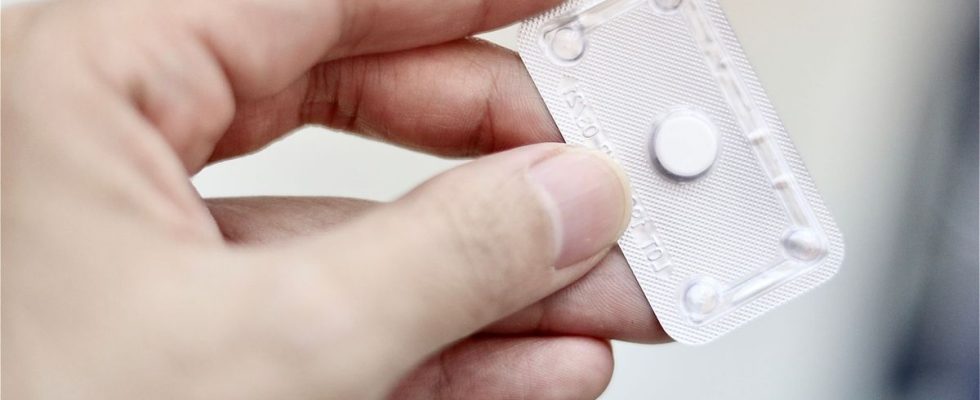Published on
Updated
Reading 3 mins.
in collaboration with
Dr Odile Bagot (Gynecologist-obstetrician)
In terms of emergency contraception, the addition of an anti-inflammatory to levonorgestrel greatly increases its effectiveness. How to explain it? What consequences for women? The answers of Dr. Odile Bagot, gynecologist and member of the Doctissimo expert committee.
Led by researchers from the Department of Obstetrics and Gynecology at the University of Hong Kong, a large study aimed to evaluate the addition of the anti-inflammatory drug piroxicam on the effectiveness of emergency contraception .
The two types of emergency contraception
There are two types of emergency contraceptive pills, which work by preventing or blocking ovulation: one containing levonorgestrel and the other containing ulipristal acetate. The first is more widely available around the world and the second is the most widely used.
The effectiveness of levonorgestrel is based on the results of a 1998 trial in which the molecule was shown to prevent 95% of expected pregnancies when taken within 24 hours of unprotected sex. This figure drops to 85% if the treatment is taken within 25-48 hours and only 58% if taken within 49-72 hours.
A double-blind trial on nearly 1,000 women
Faced with this observation, scientists have sought to improve the effectiveness of this pill. For this work, they chose to select women in need of emergency contraception, presenting to a major community sexual health service in Hong Kong, between August 2018 and August 2022.
They therefore benefited from emergency contraception with levonorgestrel within 72 hours of unprotected sexual intercourse. These women received, in addition to this single dose of levonorgestrel 1.5 mg, either a tablet of piroxicam 40 mg or a placebo. Piroxicam fights inflammation and pain, lowers fever and thins the blood.
The participants and the healthcare professionals present did not know which group of women was receiving which treatment (this is referred to as a double-blind trial). A follow-up appointment was scheduled one to two weeks after their next period date. During the appointment, if the women did not have their period, a pregnancy test was taken.
An efficiency that goes from 63% to 95%!
Results: of the 836 women followed, there was one pregnancy among the 418 women who took piroxicam and levonorgestrel and seven pregnancies among the 418 women who took the placebo and levonorgestrel.
The percentage of expected pregnancies without contraception was estimated at 4.5% in both groups. Therefore, the percentage of pregnancies averted after piroxicam-levonorgestrel co-treatment was 95%, compared to 63% in those taking levonorgestrel and placebo.
Additionally, there were no significant differences in side effects between the two groups.
Levonorgestrel, widely used around the world, but not in France
Piroxicam is an anti-inflammatory medication commonly used to combat arthritis pain. “The levonorgestrel emergency contraceptive pill is one of the most popular choices for emergency contraception in many parts of the world.” explains Dr. Sue Lo, one of the study’s authors.
“Finding out that there is a widely available drug that increases the effectiveness of levonorgestrel, when taken together is really exciting.“. For the first author of the study, Dr. Raymond Li of the University of Hong Kong, this study is “the first to suggest that a readily available and safe drug taken together with the levonorgestrel pill can prevent more pregnancies than levonorgestrel alone”. And to add:We hope these results will lead to further research and ultimately to changes in clinical guidelines to allow women around the world access to more effective emergency contraception.”
The point of view of Odile Bagot, gynecologist and member of the Doctissimo expert committee
“The results of this study suggest the possibility of improving the effectiveness of the lenovorgestrel-based pill, which is moderate indeed, if it is not taken within the first 24 hours after the risky intercourse. This is not really of interest in France, because women have another day-after pill, accessible and very effective, whose trade name is EllaOne. It is a tablet containing ulipristal acetate, which belongs to the family of progesterone receptor modulators. It is a very reliable and effective emergency contraceptive, to be taken within five days of risky intercourse and which works in more than 90% of cases.
